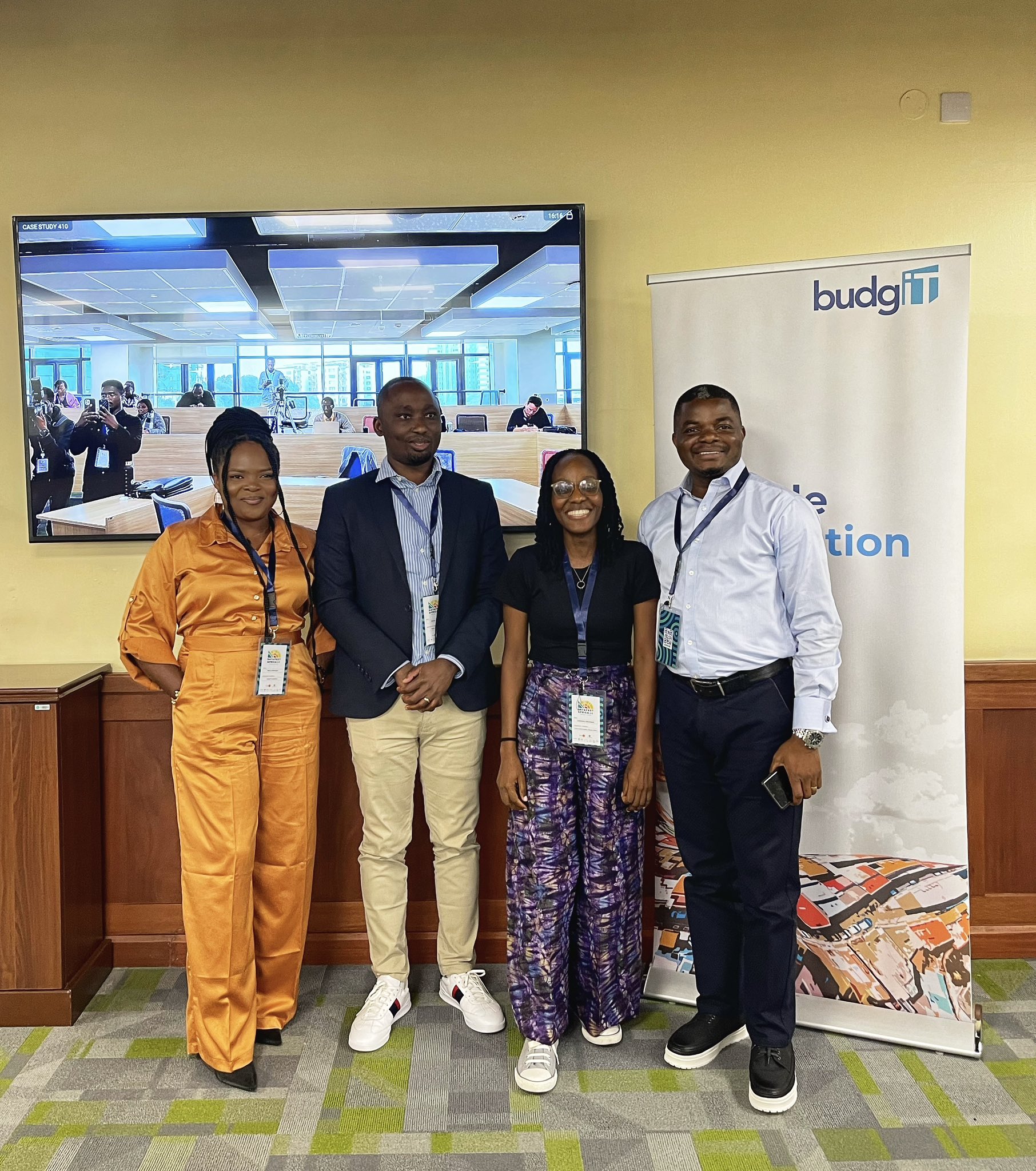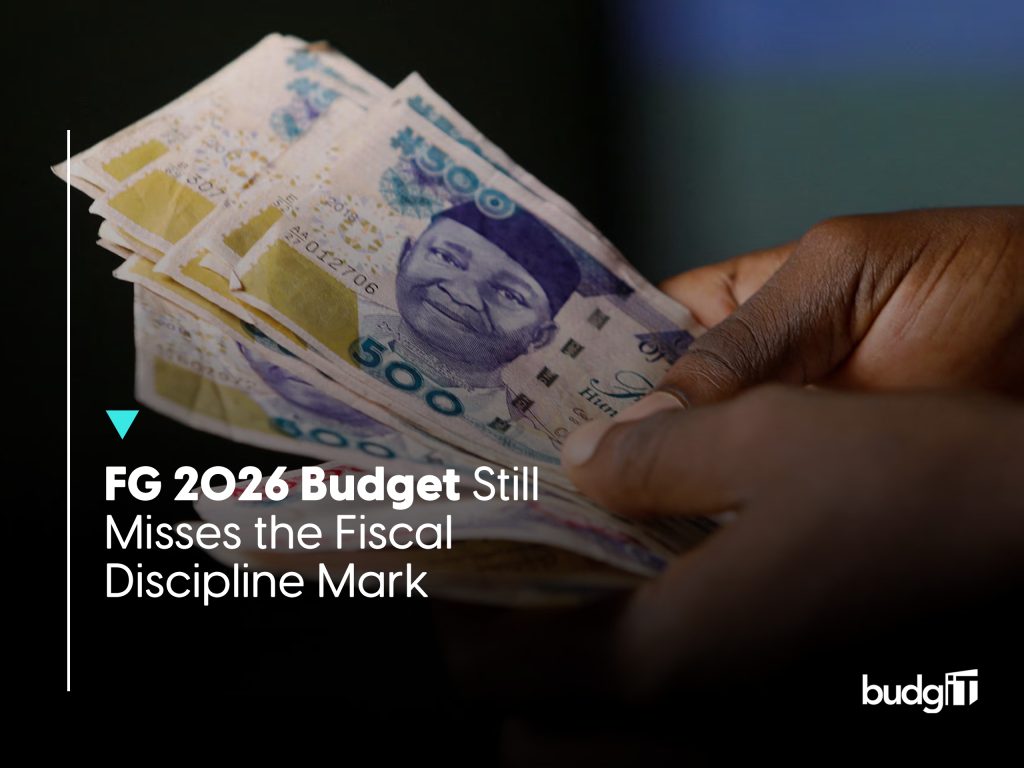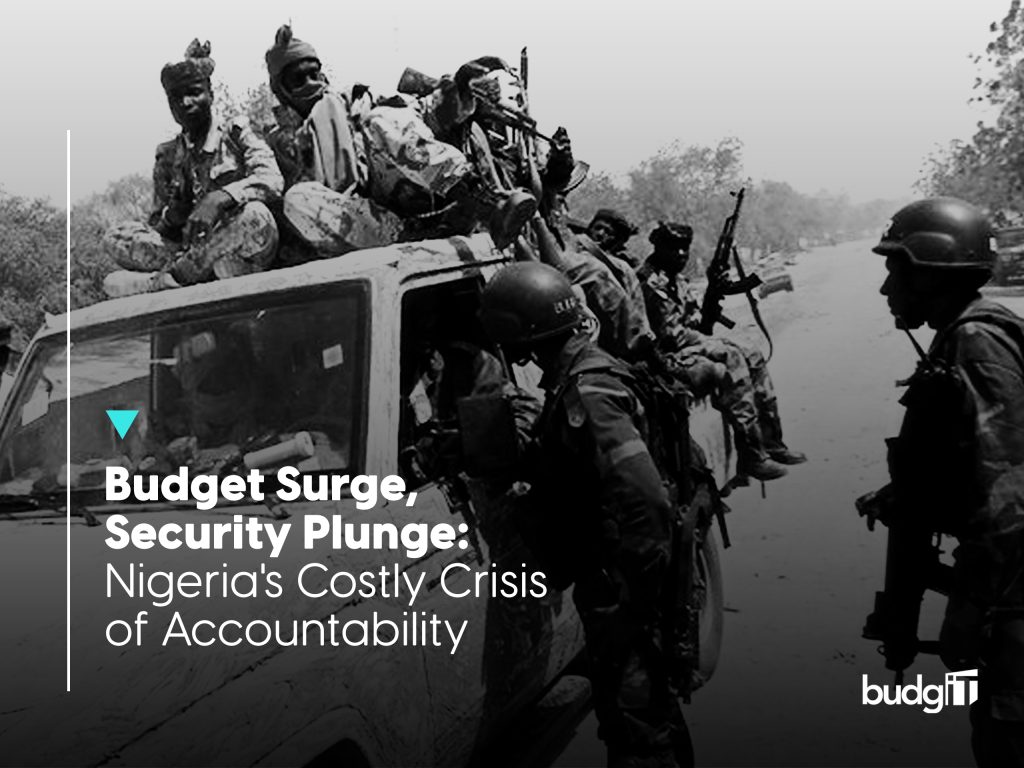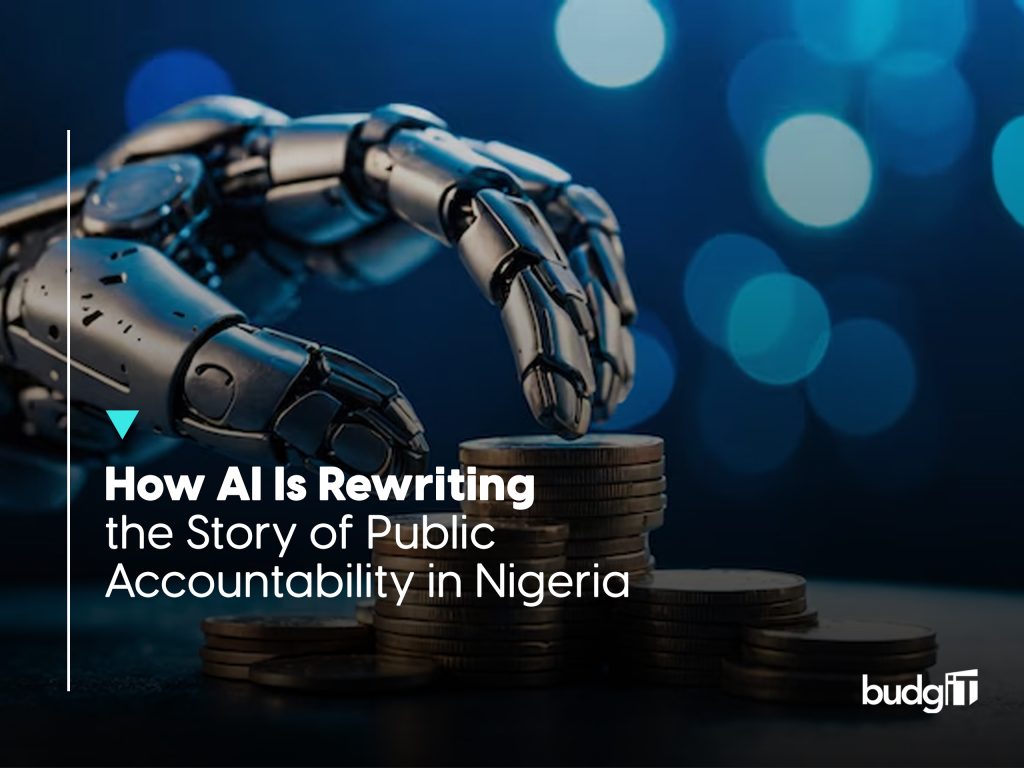BudgIT hosted a session on Leveraging Data and Technology for Inclusive Governance in Africa on Thursday, July 18, 2024, at the 6th edition of Data Fest Africa DFA2024, held in Nairobi, Kenya. The session featured Gabriel Okeowo, BudgIT Country Director, Nigeria; Adeboro Odunlami, Coordinator of the Africa Internet Rights Alliance, AIRA; Oscar Limoke, Chief Executive Officer of Pawa IT Solutions; and Nancy Odimegwu, BudgIT’s Communications Officer, as the moderator. Discussions during the session focused on the role of data in governance and accountability, empowering citizens through open data, challenges in data accessibility and literacy, and innovative technologies for social inclusion.
Gabriel Okeowo, BudgIT’s Country Director in Nigeria, opened the session by speaking on the role of data in governance and how it can be used to improve government transparency and accountability.
Oscar Limoke, while sharing Kenya’s journey as the ‘Silicon Savannah’ of technology, highlighted the country’s rapid technological adoption but with a twist, saying, “We are supposed to celebrate technology, but how many people can access it? The focus should be on making it accessible for everyone, including urban and rural areas. This will have a huge impact on the lives of citizens.”
Limoke emphasised the critical role of tools like e-Citizen, a centralised platform digitally connecting Kenya’s government services. According to him, this innovation has cut down long-distance travel and resource wastage, bringing governance closer to the people. He also noted the pervasive accessibility issue and how platforms like TikTok and Twitter have become vital for civic awareness and engagement in the Republic of Kenya.
Adeboro Odunlami brought a comprehensive perspective on the barriers to data accessibility and the solutions to overcome them. She articulated the importance of data not just for awareness but for empowering citizens to demand accountability and transparency. “Without accessibility, citizens cannot demand transparency or accountability. As we have seen in various initiatives, better data leads to better outcomes.”
Odunlami outlined several barriers, including technical and infrastructure obstacles in the form of limited internet access, insufficient data storage, and unreliable electricity supply; policy/regulatory barriers, including the lack of right-to-information acts and restrictive open data policies; and cultural and obstacles to capacity, such as poor data-sharing culture and low data literacy. To counter these challenges, she proposed both short-term and sustainable solutions. “Grassroots community engagement, investment in digital infrastructure, and robust data policies are key to making data accessibility a reality,” Adeboro said.
Gabriel Okeowo, for his part, shed light on BudgIT’s groundbreaking initiatives aimed at democratising data access in Nigeria and other parts of Africa. He explained how BudgIT started by providing access to data and evolved to enable citizens to use this data effectively. “From our interactions, we discovered people want evidence of infrastructural implementation. Tools like Tracka and GovSpend have empowered citizens to hold the government accountable in Nigeria.”
He further highlighted Tracka, which mines capital projects from the budget and sensitises communities about them, fostering civic awareness. GovSpend, another innovative tool, leverages the Federal Government of Nigeria’s Open Treasury platform to decentralise financial data, making it easily accessible. He shared an impactful example, “The presidency spent N244 million to buy car tyres in one day in a country where the middle class cannot afford to eat yam. With GovSpend, such expenditures are now transparent.”
Data literacy emerged as a central theme, with the panel underscoring its importance for informed decision-making, accountability, and innovation. They also discussed strategies to enhance data literacy across different demographics, from integrating data education into school curricula to offering professional workshops and simplifying complex data for public comprehension. The session concluded with a joint vision for a future where data and technology drive inclusive governance across Africa. The panelists agreed on the necessity of continued investment in digital infrastructure, collaboration on continental frameworks like the Digital Transformation Strategy for Africa, and fostering a culture of data literacy.
As Oscar Limoke aptly put it, “Technology has created a lot of civic awareness across Africa. It is now up to us to harness it.”



